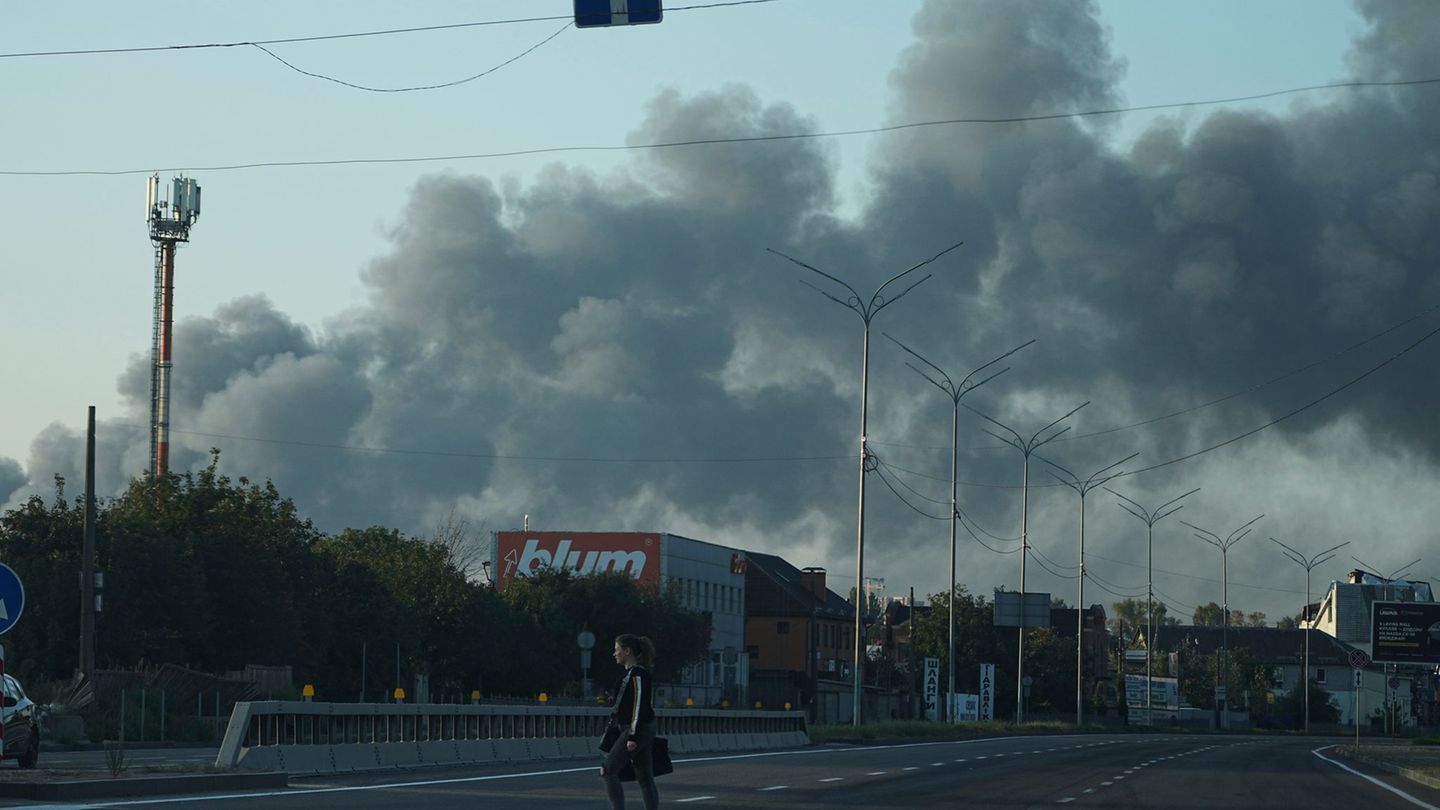The question of who will be ahead is less of a tension: According to all surveys, the ÖVP with mayor Siegfried Nagl can count on around 35 percent, which means that Nagl will be mayor for the fifth time in 19 years. Percent mark. The race for the lower ranks, on the other hand, is quite open, especially since the FPÖ, which has been Vice Mayor with Mario Eustacchio since 2017, is likely to lag behind its result. In the election campaign, therefore, the blues relied heavily on their core issue, asylum. Green top candidate Judith Schwentner positioned herself as a candidate for mayor in the summer, but hope for Eustacchio’s post remains. With the global climate strike on Friday, the Grazer Greens used a prominent election stage, more space for pedestrians and cyclists was also the focus of Schwentner’s campaign in the traffic-plagued city.
Nagl’s personal project, a mini-subway, is rejected by the other parties. The second long-running topic is the one that the KPÖ once let grow up with Ernest Kaltenegger and that also top candidate Elke Kahrs ?? The recipe for success is: affordable living.
The mayor’s party in particular did not use any substantive topic to mobilize: the warning of a red-red-green coalition against the election winner was intended to shake up hesitant people. The KPÖ, the Greens and the SPÖ with top candidate Michael Ehmann are likely to get far more votes than Nagl. Nevertheless, the political scientist Kathrin Stainer-Hämmerle considers the black worries to be an electoral roar: “A coalition against the first has no tradition in Austria, and the country’s politicians also prefer a two-party coalition”. Nagl was the only one to rule out the variant that was probably best secured according to votes, a collaboration with Kahr. Again and again there were violent attacks on the once “cruel regime” of communists.
Where the coalition pendulum swings “also depends a lot on the people”, says Stainer-Hämmerle – and depending on the outcome, some parties have to calculate “voluntary or involuntary resignations” after the election. But one thing shouldn’t be forgotten: there is certainly truth in the saying “Graz is different”.




